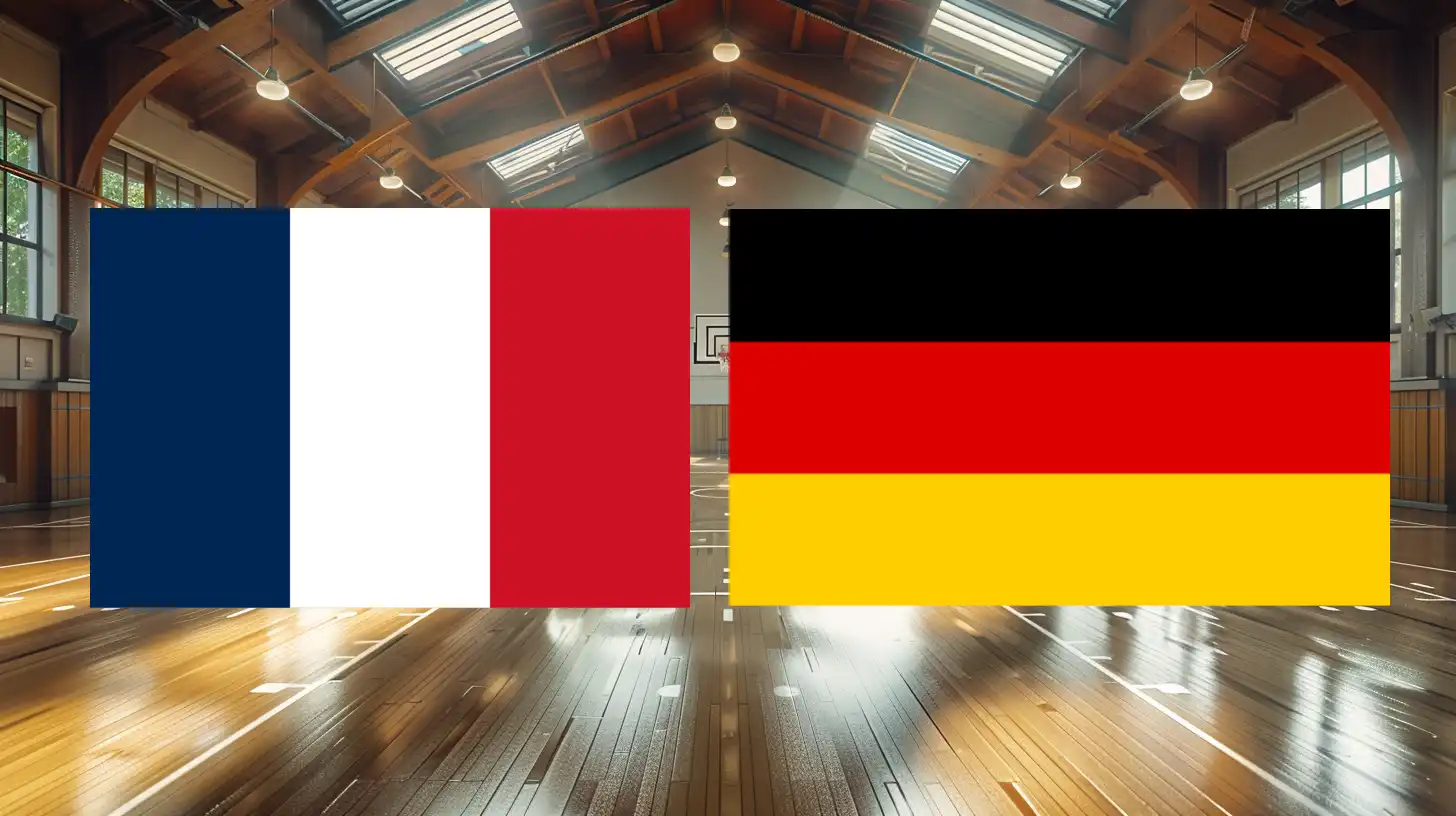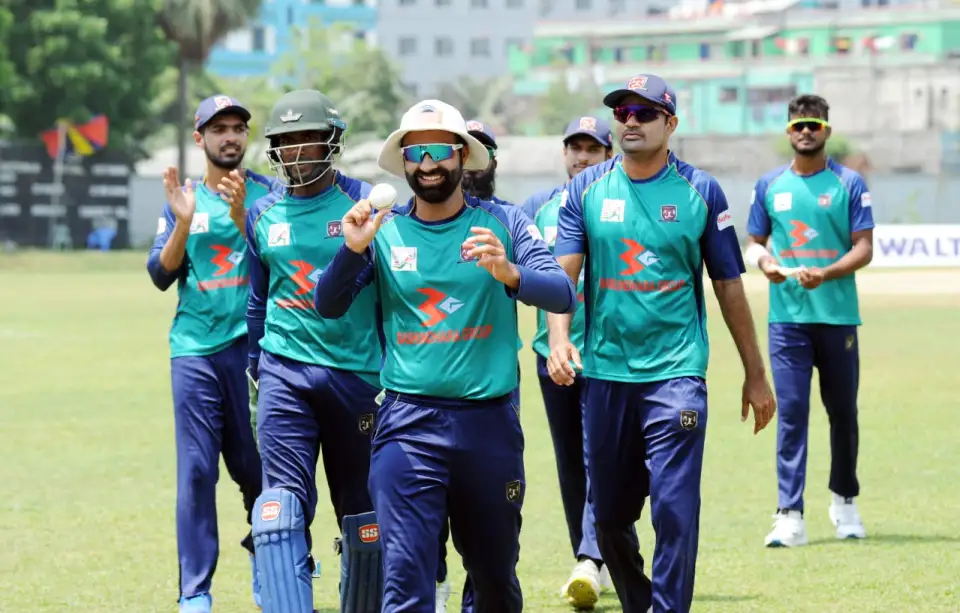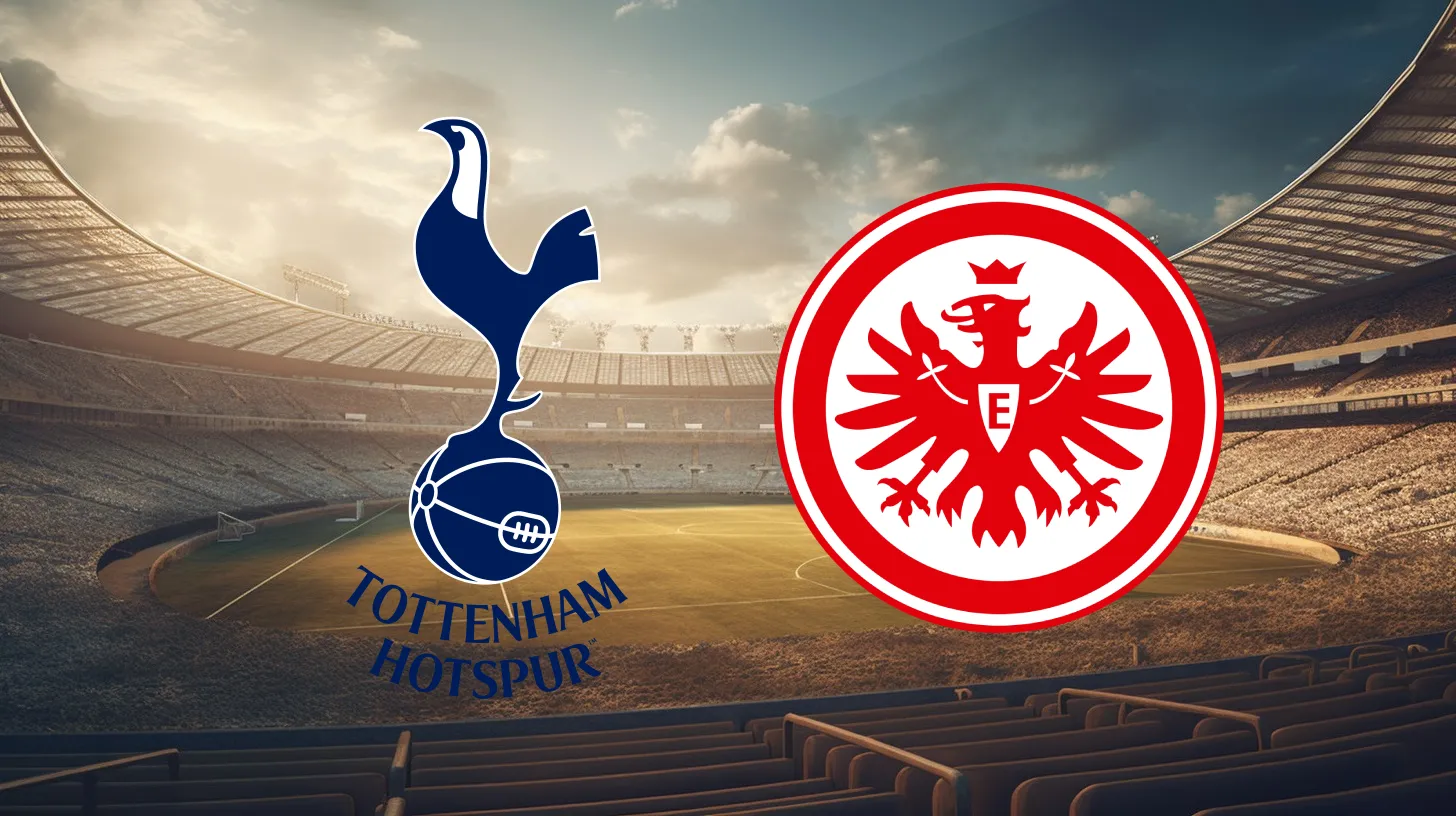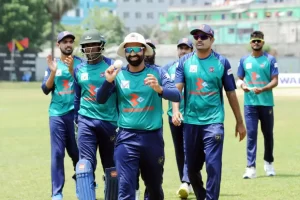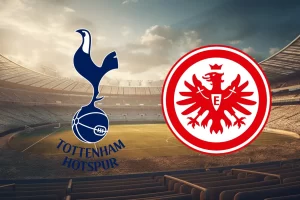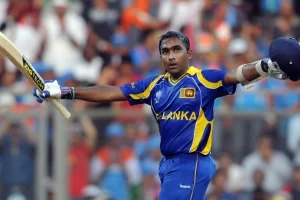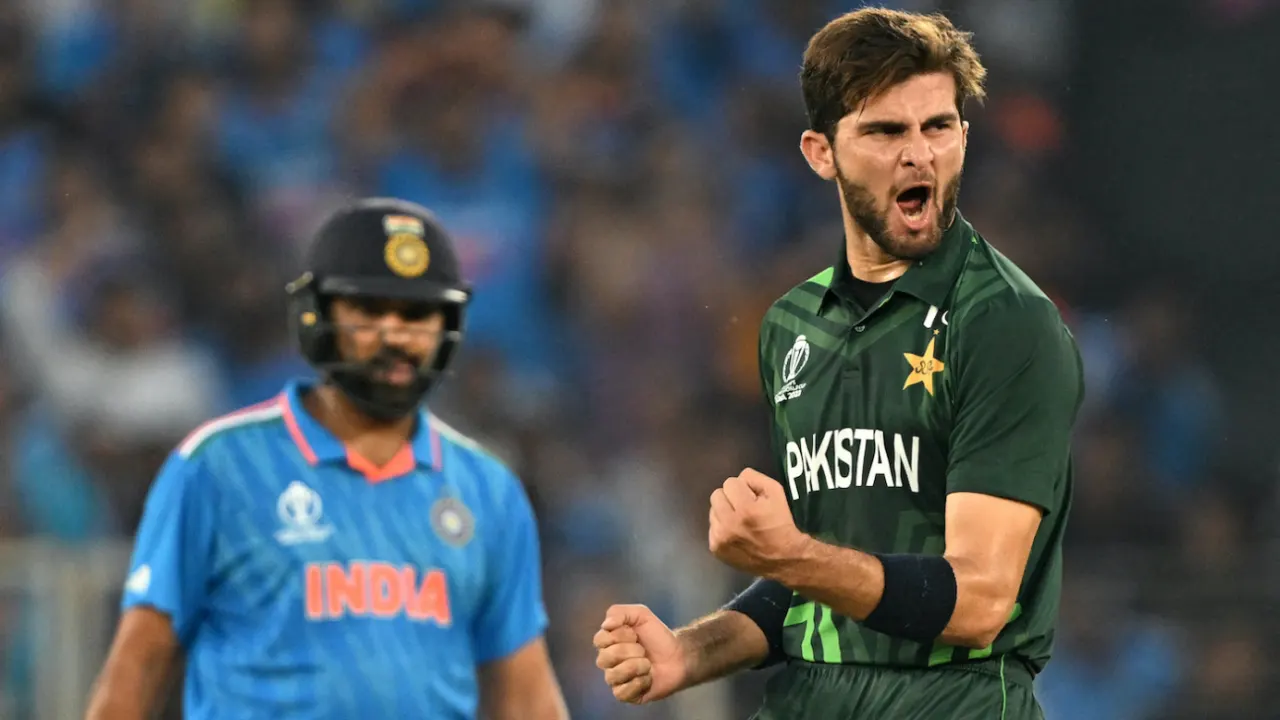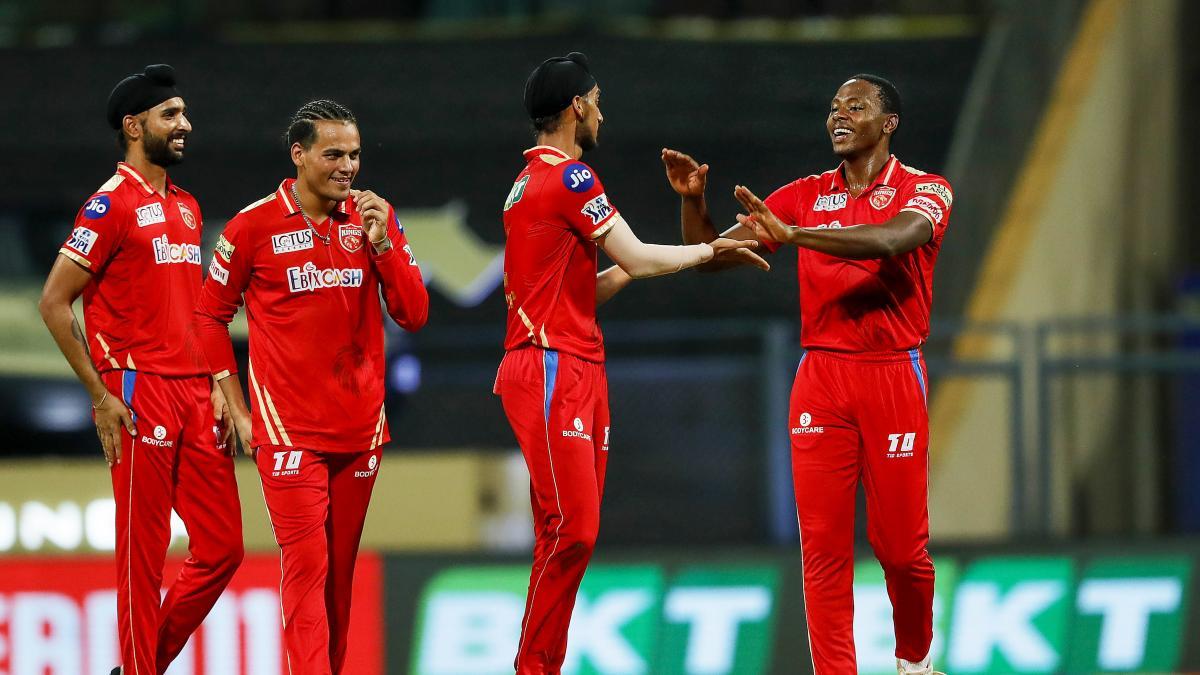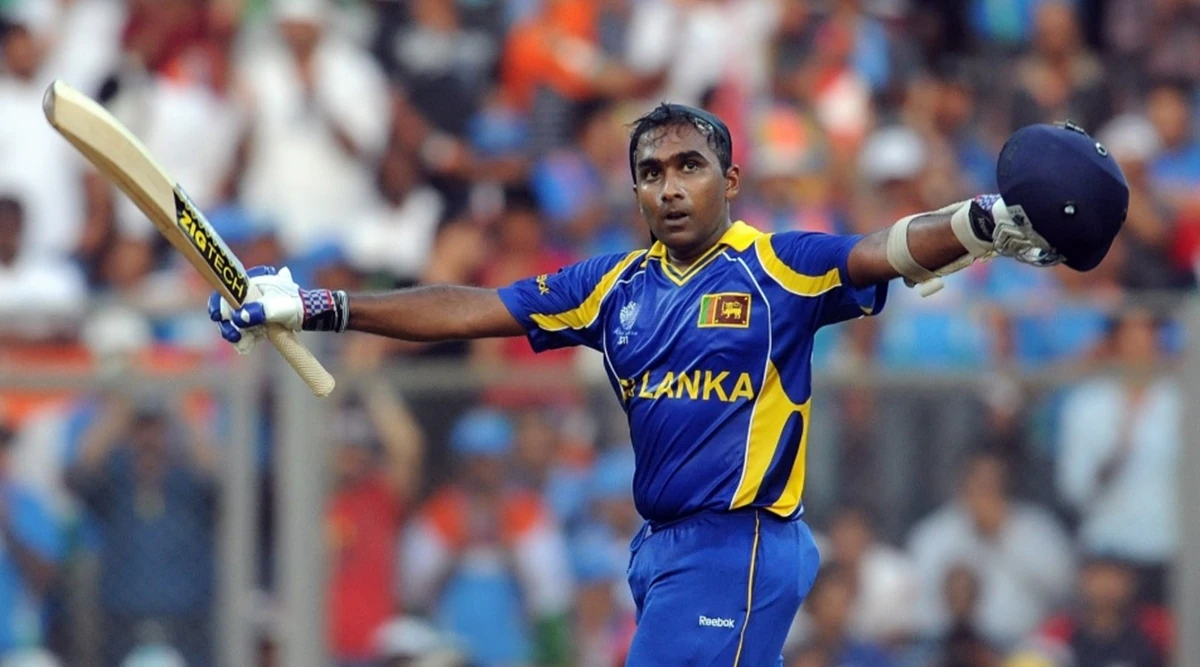The Pakistan Cricket Board (PCB), under the leadership of chairman Mohsin Naqvi, has reaffirmed its unwavering commitment to upholding principles of equality in international cricket. Speaking during a late-night press conference at Lahore’s Gaddafi Stadium, Naqvi underscored that any decision concerning the hosting of the ICC Champions Trophy 2025 must prioritize fairness and parity. The highly anticipated tournament, scheduled to be played in Pakistan, faces an impasse as India has declared its government’s refusal to allow its team to travel across the border.
Pakistan’s Call for Equality in Cricket Hosting
The PCB has made it clear: hosting rights for the Champions Trophy cannot be compromised. Naqvi emphasized that Pakistan’s position is rooted in fairness, stating, “It’s not acceptable that we play cricket in India, and they don’t play cricket here. Whatever will happen, will happen on the basis of equality.”
This declaration comes as the International Cricket Council (ICC) prepares to deliberate and potentially vote on the matter during its virtual meeting on November 29. Despite persistent diplomatic challenges, Naqvi assured stakeholders that the PCB is actively engaging with ICC chairman Greg Barclay and other ICC officials to ensure Pakistan’s voice is heard.
India’s Stance: A Roadblock to Resolution
India, which has not toured Pakistan since the 2008 Asia Cup, has cited governmental restrictions as the primary reason for its stance against traveling to Pakistan for the Champions Trophy. Earlier this month, the Indian cricket board (BCCI) communicated to the ICC that it lacked government clearance for the visit, reigniting long-standing geopolitical tensions.
The PCB has responded firmly, rejecting the possibility of a hybrid hosting model. Under such an arrangement, Pakistan would host the majority of matches, while India’s games would be relocated to a neutral venue. Naqvi dismissed this option outright, emphasizing that Pakistan would not entertain any model that undermines its hosting rights.
PCB’s Commitment to Pakistan’s Interests
Naqvi reiterated the PCB’s pledge to prioritize the nation’s interests, stating, “I promise we’ll do what is best for Pakistan cricket.” While financial considerations often dominate international cricket politics, the PCB chairman emphasized that monetary gains will not dictate Pakistan’s decisions. “We’ll not just sell our rights out for more money,” Naqvi assured.
Furthermore, Naqvi highlighted the importance of Pakistan’s sovereignty in cricketing matters, calling on the ICC to ensure equitable treatment for all member nations.
ICC’s Role in Resolving the Deadlock
The ICC finds itself at a crossroads, with the upcoming November 29 meeting holding the key to resolving this contentious issue. As Jay Shah, the outgoing BCCI secretary, transitions to the role of ICC chairman in December, expectations are high for him to adopt a broader, organization-first perspective. Naqvi expressed hope that Shah’s new position would enable him to act in the ICC’s best interests rather than focusing solely on bilateral rivalries.
Implications for Future ICC Events
The ramifications of this stand-off extend beyond the Champions Trophy. With India slated to host the Women’s ODI World Cup in 2025 and co-host the T20I World Cup alongside Sri Lanka in 2026, Pakistan’s participation in these events could hinge on the outcomes of current negotiations. The PCB’s insistence on reciprocity signals that it may reconsider its involvement in tournaments hosted by India if equitable arrangements are not upheld.
PCB’s Message to the ICC: Upholding Integrity
Naqvi’s statements serve as a reminder of the broader principles at stake. The Champions Trophy, a marquee event in the cricketing calendar, is not merely about logistics but also about upholding the integrity of international cricket. The PCB’s demand for written objections from India further underscores its commitment to transparency and accountability in the decision-making process.
Conclusion
As the ICC meeting approaches, the cricketing world watches closely. The PCB’s firm stance reflects a broader struggle for equality and fairness in a sport that continues to grapple with geopolitical complexities. Whether the ICC can broker a resolution that satisfies all parties remains to be seen, but one thing is clear: Pakistan is determined to protect its rights and ensure that cricket remains a truly global sport.

